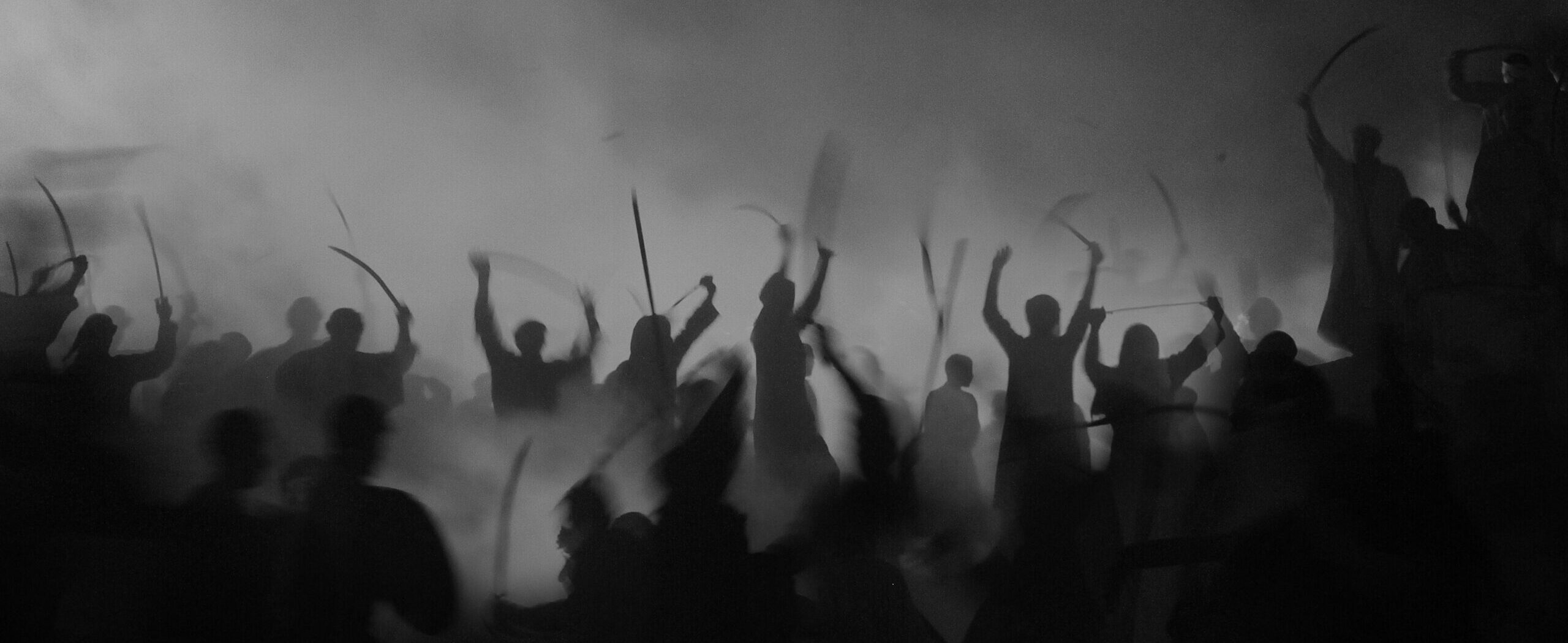Sun Tzu
“The supreme art of war is to subdue the enemy without fighting.”
A book that has transcended generations of business leaders and high functioning people. This is only because of the power of the lessons. It may well be my favourite book of all time.
Reframing Ideology
The book lends itself to a more aggressive style by its very name. However, the book is about reframing yourself that everything in your life can be seen as a war.
Even attempting to create a positive habit like running is a war. This becomes a war against your unhealthy tendencies or laziness. The book assists with techniques to conquer the war or to not even fight it. If everything is a war, are you prepared? Can you win without even going to battle? Everything is war.
Principle One: Winning Quickly
Never let things go on for longer than they need to. This lesson pertains to war in that the more time you waste, the higher the likelihood that your enemy will be prepared for you. Do not let problems simmer, do not let tasks stay undone for ages. List your biggest challenges and attack them with purpose.
Principle Two: Leadership Traps
Being a leader is fraught with the downside. Balancing victory and the lives of men in war are tough. Take ownership of your team and the mission.
Also, do not let the leadership position go to your head; the ego is the enemy. Battle your temper and honour.
Principle Three: Endless Possibility
Sun Tzu knew victory was not limited to one possibility. He understood that various factors could influence the path but spent immeasurable time in the planning phase. When you do happen upon a challenge, do not give up. Think through all the steps and potential outcomes and be creative and relentless in your planning.
As always, use this as a snapshot to entice and whet the appetite. I always suggest you read the book if this does grab your attention.
First published on SAICA’s Accountancy South Africa magazine: ASA April
Also available on Medium





